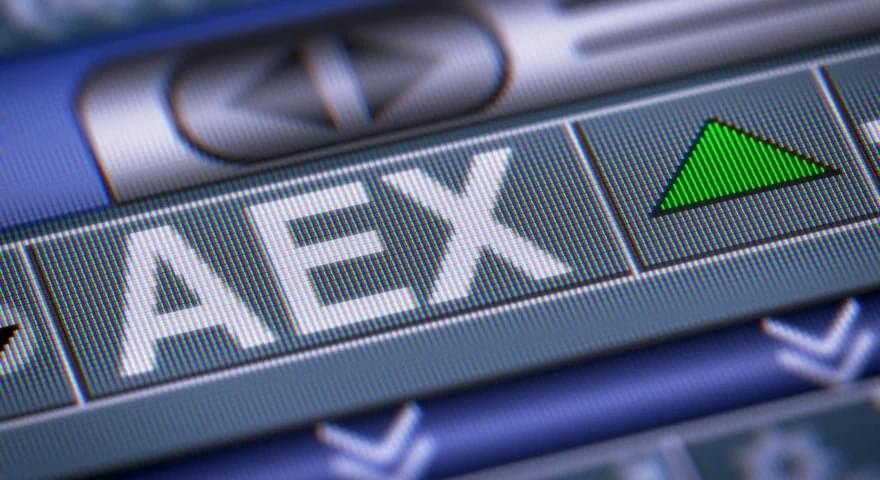
In this edition, we analyze the judgement pronounced by the Supreme court on January, 19th 2024 with regards to the right to credit dividend withholding tax against corporate income tax due. The notions of beneficiary to the income and beneficial owner remain at the core of their decision, potentially bringing us one step toward WHT recovery for dutch dividends.
A banking group's private company, owned by a UK entity (itself owned by another UK company managing stock transactions), bought shares from a company listed in the dutch stock exchange (AEX) and lent these shares to its parent company. This activity ended in the 2012/2013 fiscal year.
The company, which kept its shares in a French bank, temporarily transferred them back from its parent company to receive dividends, only to return them afterward. In the fiscal year 2007/2008, it received dividends with €39,249,246 withheld for Dutch taxes.
The dispute was whether the company could offset this withholding tax against its income tax as per the Corporate Income Tax Act. The tax authority argued the company was neither the beneficiary to the income nor the beneficial owner of the dividends, leading to an additional tax charge and demands for more detailed records.
The Amsterdam Court of Appeal agreed with the tax authority, stating the company lost its ownership rights upon lending the shares and wasn't the ultimate dividend beneficiary. The court also rejected the company's late claim of having a UK-based establishment for tax purposes.
The Supreme Court clarified that "beneficiary to the income" refers to the legal right to dividends, usually the shareholder, unless contested by tax officials. The "beneficial owner" controls the income without acting for others, but this status is lost if the income is part of a scheme benefiting someone else. The Supreme Court criticized the Appeal Court's broad interpretation against dividend stripping and corrected its misapplication of international law, stating French law should determine who owned the shares when dividends were paid. It also found fault with the Appeal Court's dismissal of the permanent establishment argument.
As a result, the Supreme Court sent the case back to the Hague Court of Appeal to determine if the company is the rightful dividend recipient and owner, considering the Supreme Court's definitions. The Appeal Court must also review previously ignored arguments and the tax authority's fraud accusations. Regarding the information demand, the Supreme Court ruled in favor of the company, stating the requested records weren't relevant for tax purposes, and deemed the company's accounting practices compliant.
The output of this case might be a significant step for the funds industry. Gaining insights on the notions of "beneficiary to the income" and "beneficial owner" within a Dutch tax environment will provide better chances of success for Dutch WHT reclaims.
We will monitor this case closely and use the final judgement to define the necessary requirements to build your cases.